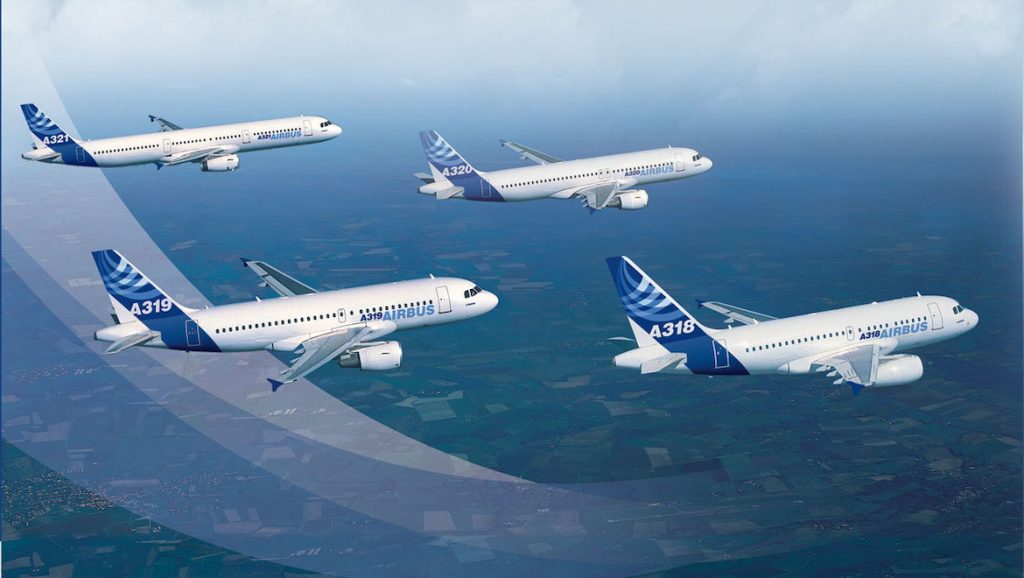
Britain’s Serious Fraud Office (SFO) has officially ended its criminal investigation into individuals related to the Airbus corruption and bribery scandal, with former suspects being informed of the office’s intentions to take no further actions.
It comes after Airbus agreed to a record-breaking US$4 billion settlement in January 2020, after a four-year investigation by French, British and US authorities.
The investigations ultimately found that for more than a decade, Airbus had bribed officials in 16 separate countries through intermediaries to buy its aircraft and satellites.
The settlement deal was what is referred to as a deferred prosecution agreement (DPA), which meant that Airbus will pay the penalties and accept monitoring of its internal processes to ensure the problem does not happen again. In return, any prosecution of Airbus as a company was to be suspended for three years.
At the time, the UK SFO did not rule out the possibility of prosecuting individuals known to be involved in the bribery and corruption acts.
Sources close to the matter have now said the former suspects involved in the case have received letters from the SFO to say no further action will be taken.
Notably, prosecutors in other jurisdictions, such as France or the US, could still choose to investigate the individuals involved. However, it is significantly more difficult to successfully prosecute individuals in such cases of institutional corruption than it is to secure a DPA.
Publicly, the SFO still states on its website that it will keep the Airbus case open until the end of the DPA in January 2023.
Despite taking the multibillion-dollar settlement, Airbus continues to face the fallout of its institutional corruption issues.
In March this year, SriLankan Airlines launched a US$1 billion lawsuit against the planemaker, citing damages, loss of reputation, and reimbursement costs.
According to the lawsuit filed by SriLankan, between 1 July 2011 and 1 June 2015, Airbus failed to prevent persons associated with its company from bribing others concerned with the purchase of 10 aircraft by SriLankan Airlines from Airbus.
The suit alleges that US$16.8 million was pledged to an intermediary company in order to secure the order for 10 aircraft and the lease of four aircraft with the airline. Ultimately, only US$2 million of this pledge was paid.
The suit also alleges that Airbus lied to government bodies in the UK in order to suppress the identity of the intermediary company.
It was also alleged that the wife of an executive at the intermediary company was used by Airbus to secure the aircraft purchase and lease deals.
Along with the US$1 billion lawsuit, SriLankan Airlines has also demanded that Airbus cancel its order for the purchase of four A350-900s, and return its advance payment of US$19 million already paid by the airline.
Earlier, in August 2020, Airbus was sued by its shareholders in the US, over misleading statements portrayed to investors over the company’s management of, and avoidance of, corruption accusations over the previous five years.
The class action, which sought unspecified damages over alleged violations of US securities laws, was filed by shareholder Andrew Kornecki in the federal court of Newark, New Jersey.
The class is made up of shareholders who purchased or otherwise acquired Airbus securities in the US between 24 February 2016 and 30 July 2020, inclusive.
Along with the company, chief executive Guillaume Faury, his predecessor Tom Enders, as well as CFO Dominik Asam and his predecessor, Harald Wilhelm, were all also named as defendants in the suit.
The suit accused Airbus of concealing the shortfalls in its compliance policies and controls, resulting in a greater exposure to the risk of probes on whether bribery and corruption helped boost revenue and profit.
The suit said this failure resulted in various regulatory actions and settlements that caused Airbus’ stock price to fall.
This all follows on from the series of corruption and bribery accusations that saw authorities for the UK and France launch an investigation into the company, as well as one of its subsidiaries, dating back as far as August 2012.
The probe into Airbus itself was launched in 2016, marking the beginning of the shareholder class.




